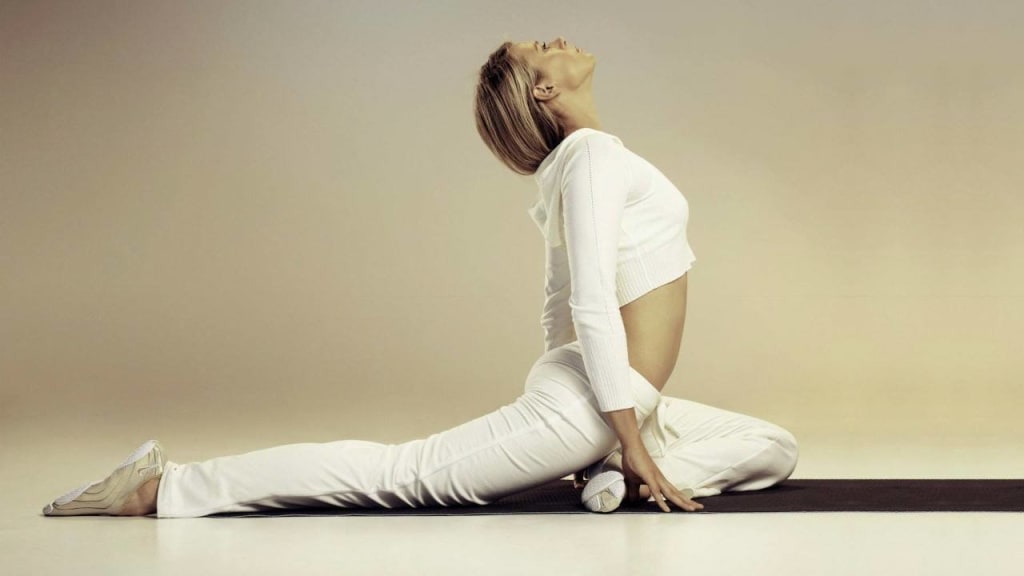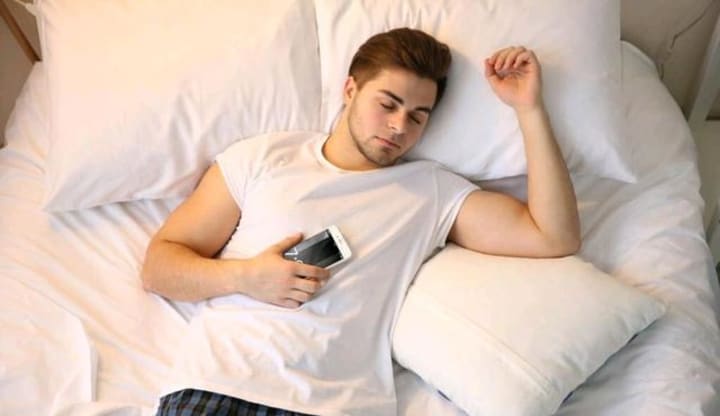
There are two well-established factors that affect sleep: the biological clock and sleep duration, which is the equivalent of having a routine, having a track record. It determines when our blood pressure is highest, determines our body temperature, and determines how well our organs work together. It first determines when we are tired and when we are awake. In the normal daily life, get up, rest, work, eat on time according to the point is very helpful to the human body. Of course, many people don't. The biological clock is also known as the circadian clock. The circadian clock has at least 8 hours of sleep a day. Sleep is very important for our body.
And how does the biological clock affect sleep? Let's take a look at how it affects sleep.
First understand the four functions of the biological clock:
1. Prompt time (in real life, it needs to be done step by step, or it is agreed as a custom that things will be done at a particular time, the time of work and work, the date of the holiday, etc.), 2. Cue event (meaning that when you encounter something, your biological clock can automatically alert you to the presence of another event equivalent to association, life related things. For example, on Singles' Day, I naturally think of holiday shopping and full budget activities. When I see someone, I think of something. To maintain (means that people are doing something to provide the strength to keep going. It can be interpreted as being used to a certain habit and sticking to it consciously, such as brushing your teeth and washing your face before going to bed. Prohibited functions (some functions of the human body will be forcibly terminated by the physiological clock, such as watching the computer and mobile phone for a long time, taking the initiative to rest when eyes are tired, and taking an umbrella and wearing rain shoes when going out. Teachers will sit upright and listen to the teacher carefully.)
Biological clock. Immune system
Here, German scientists are asking themselves the first question: What happens to our bodies if we get too little sleep? What happens to the body if the brain can't do what it needs to do at night? Starting with a seemingly mundane idea, Tanja Lange wanted to explore the basis for the old saying, "Sleep until you recover." Her theory is that sleep is when the brain resets the immune system to its latest state, directing the fight against germs. But can she prove her guess with scientific experiments? That's not for sure. Instead of recruiting sick volunteers for her study, her volunteers were perfectly healthy, but they had to undergo a viral attack during the experiment. The scientist inoculated young men and women who took part in the experiment against hepatitis A. The vaccine poses no health risk to the volunteers, but their immune systems are stimulated. Here's the key to the experiment: Some of the volunteers were allowed to sleep normally the night after the vaccination, while others were not allowed to sleep. They were allowed to read, watch TV, work in the lab, and do just one thing: nap with their eyes closed. It was also a night shift for the scientist, who monitored volunteers who couldn't sleep at night. Four weeks later, Langer took blood samples from all the volunteers. She wanted to see how their immune systems fought off the vaccinated virus. Normally, she could see traces of organisms fighting germs, like antibodies, in the blood. The scientists first analyzed blood samples from volunteers who had not slept. She looked at antibodies and helper cells that help make antibodies. So is it wrong to say "sleep until you recover"? Tonia Lange soon found the answer. Blood samples from volunteers who slept normally that night had double the number of antibodies and significantly more helper cells, a finding that could quiet some of the noisy doubts about the study's findings.
Sleep is affected by the biological clock.
The influence of sleep by biological clock is consistent, it is physiological. Due to the change of the body clock, the functions of different areas of the cerebral cortex will also constantly change, which can be linked with the sleep cycle and the body clock to establish a very good and beneficial biological rhythm for the human body. Do what is efficient and appropriate for your mood and brain activity.
Biological clock to
[1:00] The human body enters the stage of light sleep, easy to wake up. The mind is clearer now. [2:00] the liver is working hard, the metabolism is detoxifying, and the muscles are completely relaxed. [4:00] Old people are most vulnerable to accidents during the "dark hour before dawn." [5:00] Yang qi gradually sublimated, full of spirit. [B :00] Blood pressure begins to rise and the heart rate increases. [7:00] The human body has the strongest immunity. After breakfast, nutrition is gradually absorbed by the body. [8:00] Various physiological hormones are secreted vigorously, and they start to work. [9:00] Suitable for injection, operation, physical examination, etc. At this time the human body qi and blood active, cerebral cortex excited, pain decreased. [10:00] The highest work efficiency. [10:00-11:00] The heart is fully functional and full of energy. The body will not feel tired. [12:00] Need a rest after hard work all morning. [12:00-13:00] Best time for a nap. Should not fatigue combat, half an hour nap is better. [14:00] Unresponsive. Easy to have drowsy feeling, the human body stress ability is reduced. [15:00] The absorption of nutrients is gradually transported through the body and the ability to work is restored. [15:00-17:00] Energetic 2, best for meetings, public relations, reception of important guests. [1b:00] Blood sugar begins to rise, which is evident in those with a weak fire. [17:00] Productivity peaks in the afternoon, which is also good for physical activity. [18:00] As the sensitivity of the body decreases, the sensation of pain decreases again. [19:00] Quarrels are the most common. It's the evening peak when blood pressure swings, and people's moods are at their most volatile. [20:00] The body enters its third golden stage. She has the best memory, and her brain reacts very quickly. [21:00] Suitable for homework, reading, writing, exercise, etc. [22:00] It's good for washing up. Breathing begins to slow down and body temperature drops. You'd better go to bed at 10:30 after soaking your feet, so you can fall asleep quickly. [23:00] As the body's functions decline, it begins to drift into deep sleep and the fatigue of the day begins to ease. [24:00] Qi and blood are at the lowest level of the day, and no activity is allowed except rest

Personal opinion: The biological clock is so powerful and irresistible that it equals the sleep schedule.
There is no best hard and fast sleep time, but a reasonable sleep schedule, enough sleep, it does not matter. However, due to the limitations of the practical situation (work and study emergencies), many times can not realize the real late to sleep and get up late, and become late to sleep and get up early, which becomes late to stay up late, even if it is public holidays or holidays can achieve late to sleep and get up late, but the meals have to follow the adjustment. Although it is ok to go to bed late and get up late, there are more difficulties to overcome than going to bed early and getting up early. The biological clock is the equivalent of an alarm clock when you need to be punctual and follow a regular pattern in your daily study or work
The above content is for reference only, if there is an error, please criticize and correct





Comments
There are no comments for this story
Be the first to respond and start the conversation.